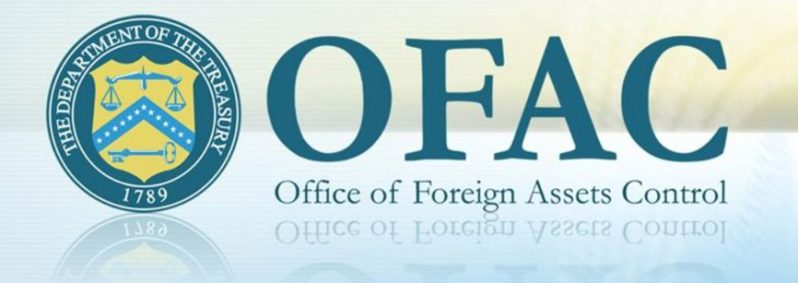The U.S. Office of Foreign Assets Control (OFAC) has reaffirmed that non-U.S. persons could face sanctions if found providing material support to the sanctioned Mohamed family, as a result of the far-reaching consequences of their designation under the Global Magnitsky Human Rights Accountability Act.
This was outlined in a document, which was OFAC’s response to queries from the WIN camp following the closure of candidates’ bank accounts.
The document, which was leveraged by Stabroek News and Kaieteur News for articles in their Sunday edition, made it clear that transactions with sanctioned individuals are generally prohibited for U.S. persons, and non-U.S. entities are not immune from repercussions.
The body warned that “non-U.S. persons could also face sanctions risk for certain activities involving sanctioned persons, such as providing material support to them.”
The agency reiterated that unless exempt or specifically licensed, U.S. financial institutions are barred from engaging in transactions where a sanctioned individual has an interest, directly or indirectly.
Mohamed’s sanctions come with a serious set of consequences, which are spelt out in the sanction document published in June of 2024.
Nazar Mohamed, his son Azruddin and their businesses, namely Mohamed’s Enterprise, Hadi’s World and Team Mohamed’s Racing, on June 11, 2024, were sanctioned by OFAC, which oversees sanctions against individuals and entities tied to illicit activities and hostile foreign governments.
As a result, persons have lost their visas and candidates of his political party, We Invest in Nationhood (WIN), have lost their bank accounts, owing to local banks refusing to undergo financial collapse by severing their ties with US corresponding banks.
The United States Ambassador to Guyana, Nicole Theriot, had highlighted the possible repercussions of Mohamed’s bid for office and possible election to office.
The concerns were related to both diplomatic and economic relations, which would be strained.




.jpg)









